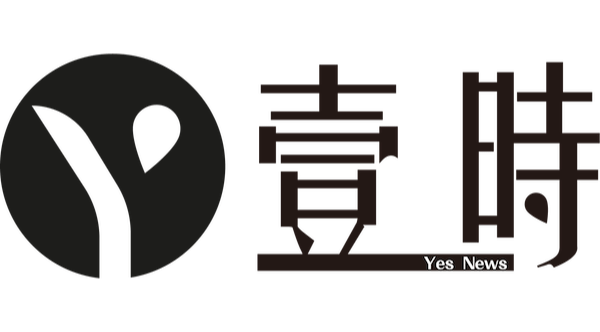
本地口語,常常中英夾雜,像「我friend 你」,一個friend 字成了動詞。今日,網上潮流浩浩蕩蕩,尤其因為facebook 的關係,原裝英文人一樣講I friend you、I'm friending you,把名詞變做動詞。
不知不覺地,我們的日常生活就出現了to "text" on mobile phone、to"private message ( 且要簡寫做PM)"online、to WhatsApp me, 還有to"bookmark" websites。
例︰ He texted me (on my cellphone) at least a dozen timesyesterday.
他昨日起碼傳了我一打的(手機)短訊。
例︰ I private messaged you, but younever replied to me.
我私人傳訊了你, 但你從沒回覆。
例︰She has bookmarked so manywebsites that she has lost trackof which is what.
她將許多網址標了書簽,多得她弄不清楚哪個是哪個。
語文隨生活及習用變遷,英文一直有把死物變成動作的傳統,隨手拈來就有:
例:To SHOULDER a responsibility,(以膊頭)承擔責任。
To CHAIR a meeting,(以椅子)主持會議。
To TABLE a proposal,(以桌子)提出建議。
時至今日,比較新而大家都已習慣了的有:
例:parent → parenting 做父母impact → impacting 去衝擊更潮的有:
例:To action → actioning.We will start actioning on theplan.
To effort → efforting.They are efforting hard on thejob.
To trend → trending.
Unemployment has beentrending upwards.
這個走勢,叫verbing,知道就好,不要隨便用於公文或考試測驗,因為許多教師會認為是錯的,也更因為這個潮流, 容易走火入魔: 以為玩潮字,其實本來就有正規的字:
例:I'll signature it =I'll SIGN it. 簽名Let's conference =Let's CONFER. 商討They statemented =They STATED. 聲明
我friending你【毛孟靜】
















